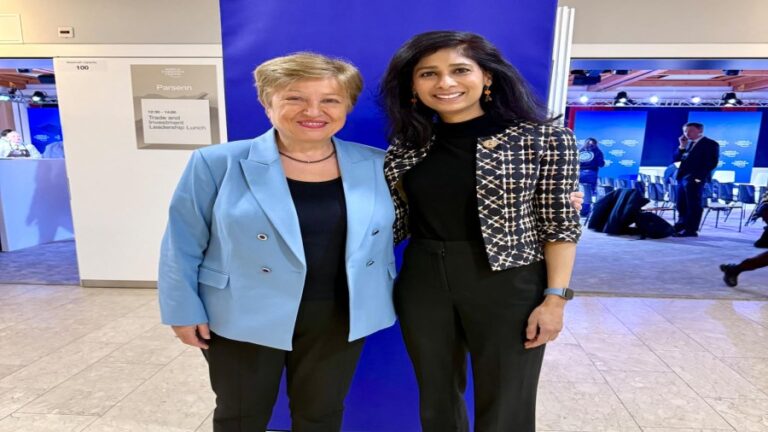
Reading has become popular again—All thanks to TikTok.
Sounds great, right? It’s not that simple.
The reading nook of TikTok, BookTok, has undeniably transformed the way creators, readers, and authors talk about books online. It has helped drive a major surge in book sales, especially for genres like romance fiction, which has arguably benefitted the most from the platform’s influence.
Writers who leaned into popular tropes—enemies to lovers, fake dating, or the grumpy/sunshine pairing—have found life-changing success. Just look at Colleen Hoover or Emily Henry, who have become near-permanent fixtures on bestseller lists. Meanwhile, readers, particularly women, have discovered a vibrant, like-minded community around books.
So what is the issue? The answer is Tropes.
This ‘tropification’ of storytelling has changed what books are expected to do. Tropes—once a fun, fan-made way to talk about patterns in fiction—have now become marketing tools. They’re no longer descriptors; they’re the pitch. Premises are often reduced to a list of familiar elements, not a unique story. In chasing the next trending keyword, we are losing the messy, surprising, and original narratives that make literature matter in the first place.
Tropes are comforting, and they have a place. But books aren’t meant just to satisfy an itch—they’re meant to surprise us, challenge us, even unsettle us. Predictability might be good for algorithms, but it’s rarely great for art.
The Author’s Dilemma

As thriller author Michael Evans puts it, “There’s this constant battle to try and stay one step ahead of the trend so that you can have your book feel different enough that people want to buy it, but familiar in terms of the tropes and the sounds.” (Source: Business Insider)
Emma Berquist, whose debut Devils Unto Dust came out in 2018, told Publishers Weekly, “I’m not super comfortable being on camera… I became an author to be behind a computer screen. So for me, [TikTok] feels like a burden.” She’s not alone. Many writers, especially authors of color, struggle to gain traction in an environment that rewards extroversion, digital literacy, and algorithmic luck as much as (or more than) literary merit.
“It wouldn’t be wrong to say that publishers expect authors to do their work now,” one writer notes. Authors are no longer just storytellers; they’re marketers, content creators, and trend-watchers. And the pressure to cater to a social-media-driven marketplace often leads to oversimplified storytelling and unrealistic expectations.
There’s value in the energy BookTok brings. But as literary critic Thomas Murray asks, “Are we letting platform mechanics rather than literary merit determine what gets published?” (Source: BookTok Shelf)
What Do Readers Really Want?
For those feeling anxious about the future of literature, let’s make one thing clear: good books aren’t going anywhere. Complex novels which push boundaries will always find their way into the world. But the dominant aesthetic of the moment has shifted. When you walk into a Crossword store or browse a roadside bookstall in Delhi, you’ll mostly see titles marketed as the “next TikTok sensation.”
And yet, White Nights by Dostoevsky and Letters to Milena by Kafka are also popular on TikTok.
So, what do readers really want? Tropes or timeless fiction? The answer, surely, lies somewhere in between.
There’s absolutely a market for strange, messy, difficult books that resist simple categorization. But we’re also at a moment where TikTok trends are shaping bookshelves, influencing what gets published, promoted, and picked up. That isn’t inherently bad, but it does ask something about both the reader, and the writer.
It’s up to readers to resist reducing books to just their tropes. Authors have to give themselves the freedom to tell the stories they truly want to tell, without feeling pressured to check off a list of viral-friendly beats.
As for the publishing industry? It will keep doing what it does best: finding the next big thing and turning it into a trend.
For more such articles, stay tuned at The World Times.



